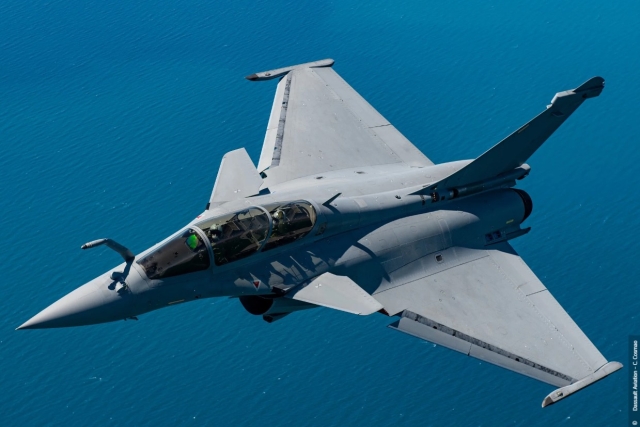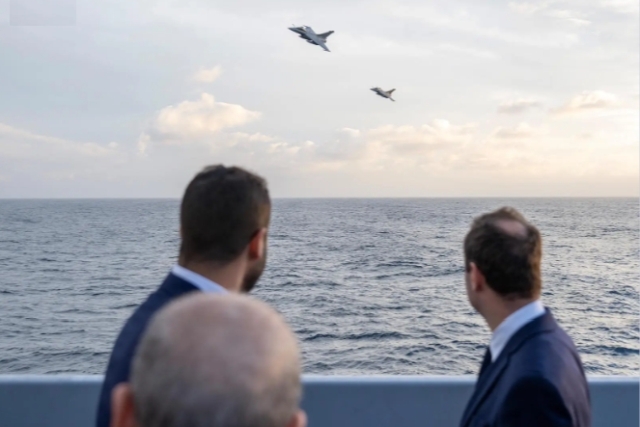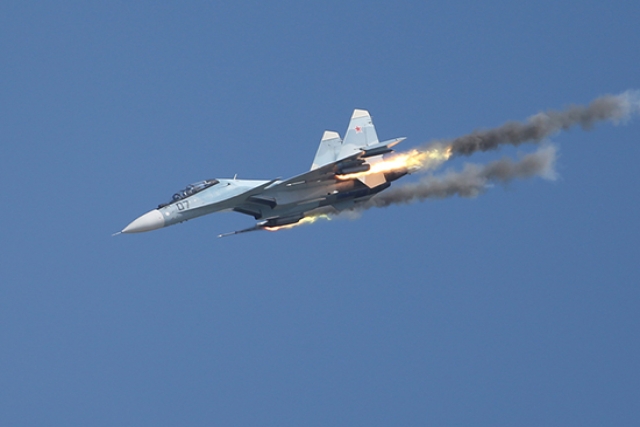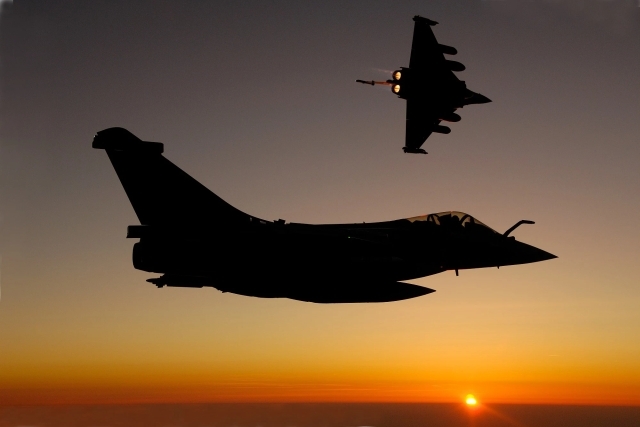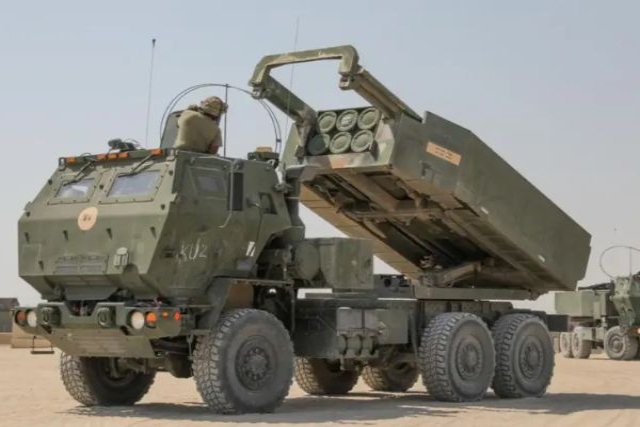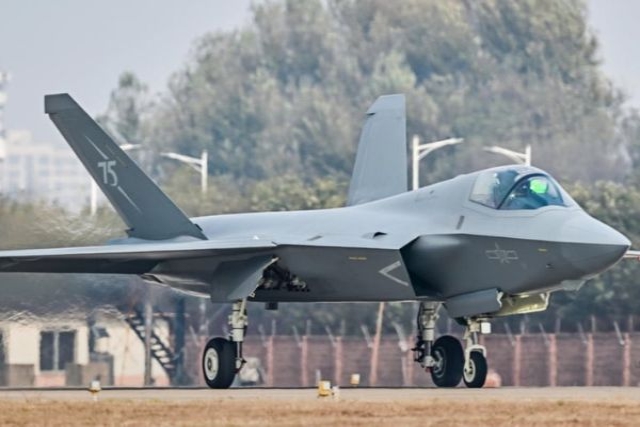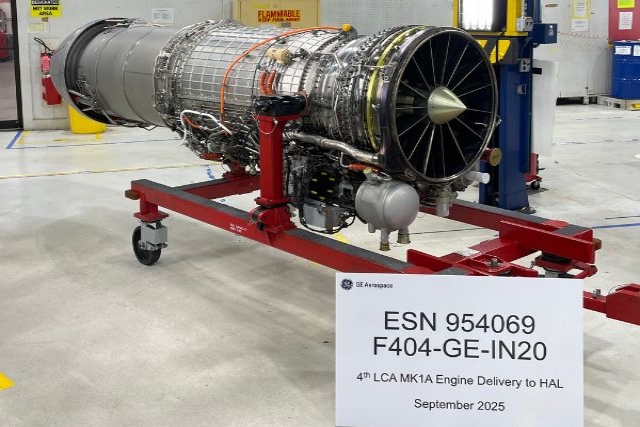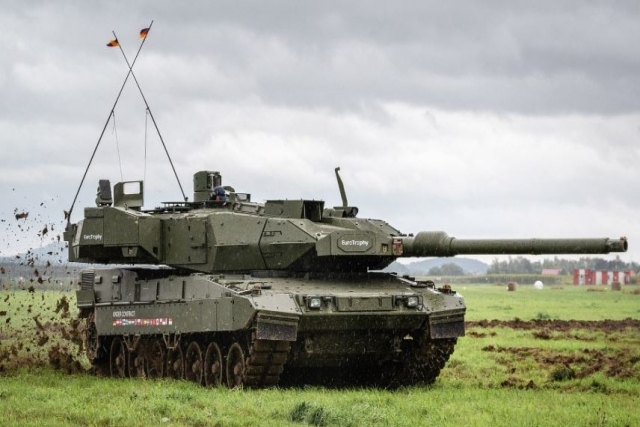France Signs €5 Billion Deal for 42 Rafale Fighter Jets
Franco-German project aims to develop a successor to the Rafale, the FCAS
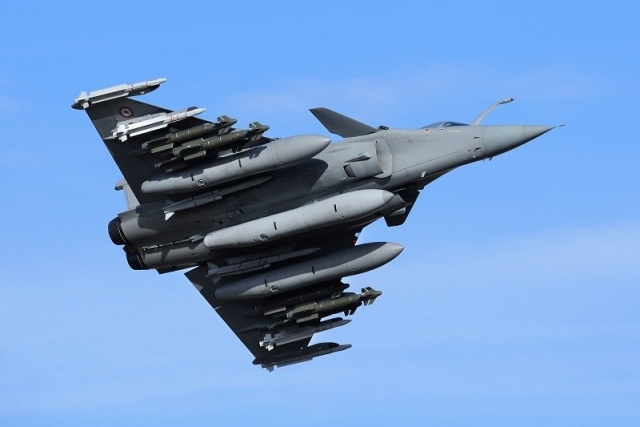
At the conclusion of December 2023, the French Defense Procurement Agency (DGA) awarded Dassault Aviation a substantial order for 42 Rafale combat aircraft, designated as "tranche 5," to fortify the capabilities of the French Air Force (AAE).
The deal, valued at over €5 billion (U.S. $5.5 billion), aims to bolster the capabilities of the French Air Force (AAE) and fortify national security.
The Rafale's upcoming Standard 4, emphasizing connectivity, is in development, while Standard 5 is in preparation, promising enhanced capabilities in collaborative combat.
The Rafale is a versatile omni-role aircraft introduced in 2004 by the French Navy and in 2006 by the French Air Force.
France's cumulative orders for Rafales total 234 in five tranches, with an additional order of 12 in 2021. Export orders currently stand at 261, including countries like Egypt, Qatar, India, Greece, the United Arab Emirates, and Indonesia. Greece and Croatia have acquired 12 Rafales each from the French Air Force.
The procurement of these new aircraft, tailored for the Air and Space Force, involves one-seater versions fitted to the F4 production standard. This standard, focusing on connectivity, incorporates advanced features such as MBDA’s Mica medium-range air-to-air missile and an upgraded Spectra self-defense system developed by Thales. Safran supplies the fighter’s M88 afterburning turbofan engine.
Notably, the Rafales are slated for further upgrades to the F5 standard in the 2030s, as indicated by the ministry. The Senate has urged Dassault Aviation to commence work on these upgrades, potentially including a loyal wingman UAV based on the European nEUROn combat drone program, as early as 2024 due to uncertainties surrounding the Future Combat Air System (FCAS).
The FCAS, a Franco-German project aiming to develop a successor to the Rafale, faces skepticism from French lawmakers. The system is not expected to enter service before 2045 or 2050, according to the French Senate’s defense committee. Concerns have been raised about the significant cost of FCAS, potentially two to three times that of a Rafale, and export approval complications with the German partner.
Until FCAS becomes operational, the Rafale remains crucial for France's airborne component of its nuclear deterrent, according to the defense committee. The Rafale, classified as a 4.5-generation fighter, boasts stealth technology, supersonic speed without afterburners, and the ability to engage in combat beyond visual range.
Dassault Aviation, responding to the latest orders, affirmed that the Rafale's production line will remain active for the next 10 years. The company reported receiving orders for 60 Rafales in 2023, including 42 for France and 18 for Indonesia. Despite missing the delivery goal of 15 aircraft in 2023, the company's backlog for the Rafale increased to 211 at the end of December, including 141 for export.
